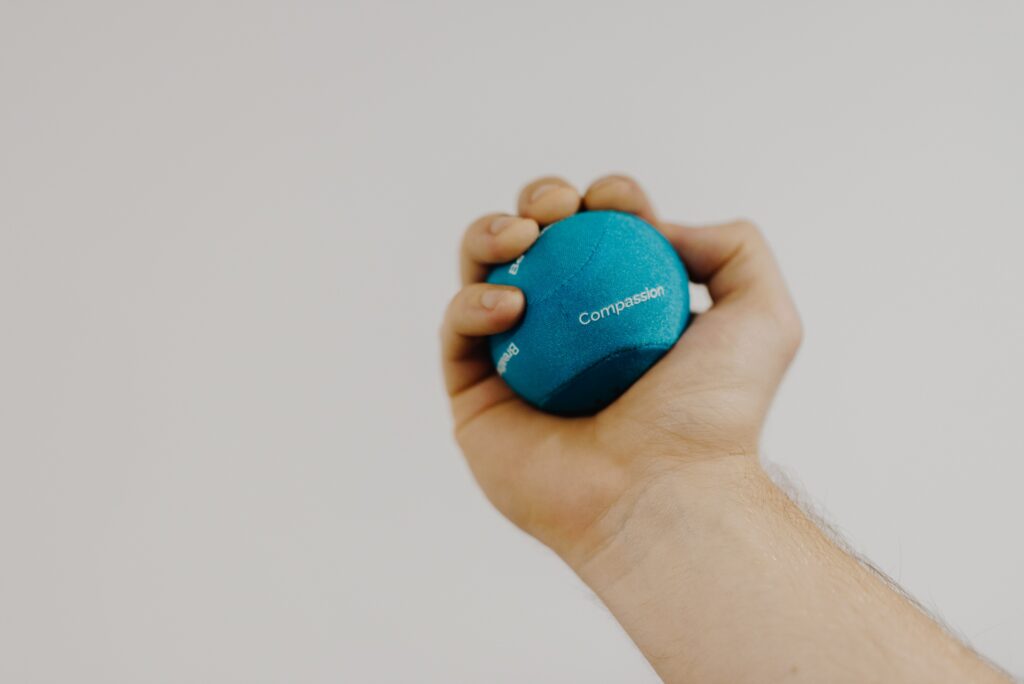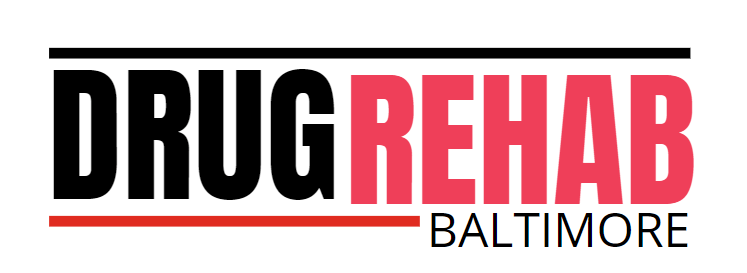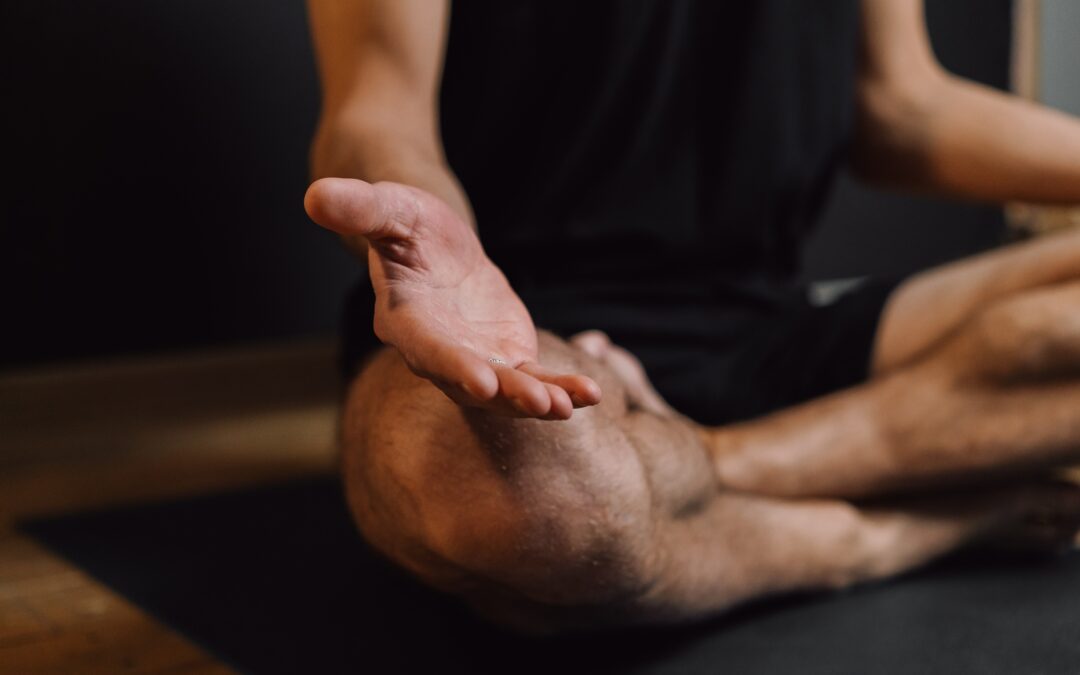Every person’s journey to sobriety is unique, but at Amatus Recovery Centers, we see a pattern. The stages of Addiction Recovery begin when you decide to seek treatment. Early on, it would help if you focused on physical and emotional adaptations to adapt to a life without drugs or alcohol. Can alleviate anxiety, stress, despair, and other unpleasant symptoms by focusing on the root causes of your addiction.
Pre-Contemplation:
In the early stages of Addiction Recovery, many people are hesitant to admit that they have a problem, but when confronted with the devastating consequences of long-term addiction, they finally admit their mistakes. When people become addicted to alcohol or other substances, it is common for them to experience the destruction of their personal relationships as well as legal problems.
No one anticipates reaching rock bottom, but the best course of action is to reach out to supporting friends and family members, as well as to seek professional help.
Preparation:
This is a critical step in the recovery process from addiction. Depending on your situation, rehab institutions can make recommendations about the best course of action, but having assistance along the way is critical to your overall success.
When you’re in the middle of a rehabilitation process, isolation can make it more challenging, but a support network can help you stay focused. It’s a good idea to tell your family and friends about your decision to stop abusing substances. Addiction Recovery from addiction might be much easier if you have the help of loved ones to lean on.

Termination:
Individuals can experience months, if not years, of recovery time after a traumatic event. Get rid of any potential distractions that could jeopardize your endeavor to get clean. Relapse may occur in some people. If it does happen to you, consider it as a lesson and keep your eye on the aim of quitting the habit. It’s essential to understand how to recognize and deal with frustration if you want to progress your recovery.
Addiction Recovery in the Mind:
- Treatment for substance abuse
- Efforts to combat prescription drug abuse
- Rehab for women
- Therapy based on dialectical behaviorism (DBT)
- Family, group, and individual treatment programs are all offered.
- Intensive outpatient treatment programs (PHP)
- Extensive outpatient therapy (IOP)

The action is as follows:
Can achieve sobriety after you leave rehab, but the process is ongoing and requires continued effort. After a successful recovery, you may encounter difficulties in your daily routines.
Two of the most crucial things you can do to guarantee that your Addiction Recovery stays on track are to develop coping mechanisms for challenging situations and avoid relapse. Aftercare support programmes are available in rehab centres to help you maintain your sobriety and focus on your long-term recovery.
Maintenance:
Building a new life can be difficult, but you can keep your sobriety strong by participating in worthwhile activities. Engage in a new activity or volunteer in your community, for example. Having a long-term vision for your life is essential throughout the early stages of Addiction Recovery.


Recent Comments